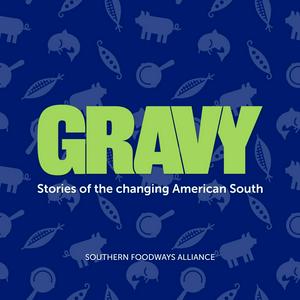From Stuckey's to Buc-ee's
Few companies have inspired more fanatical devotion among Texans than the convenience chain Buc-ee’s. Described by the New York Times as both a “Disneyland of roadside capitalism” and the “through line of America’s second most sprawling state,” its iconic, buck-toothed beaver mascot has been spotted not just on billboards, but on wedding cakes and tattooed arms of its most loyal customers. Founded as a small-town gas station, today it boasts 47 locations across the South known for massive floor spaces brimming with souvenirs, fudge, BBQ stations, cases of jerky, and walls of branded snacks like “beaver nuggets.”
Yet unlike other treasured Lone Star enterprises like Whataburger, Blue Bell, or the grocery chain H-E-B, Buc-ee’s ascendance has been a fast, recent phenomenon. They are also far from the first convenience chain to endear themselves to travelers through reliably clean restrooms, kitschy gifts and road food. In fact, one could argue they stand on the shoulders of the Georgia-born Stuckey’s, whose nutty treats sparked a mid-century rest stop empire.
Today, both brands find themselves at a crossroads. Buc-ee’s is rapidly expanding, while following years of corporate mismanagement and decline, Stuckey’s is rebuilding itself one pecan log roll at a time.
In this episode we’ll ride shotgun with Gravy producer Evan Stern as he explores how food has shaped these companies' brand identities, how they’re grappling with change, and what their stories reveal about the past, present, and future of snacking on the American road.
Along the way, we’ll step inside a Buc-ee’s that sprawls over 65,000 square feet, get to know some devoted customers, and hear from journalist Eric Benson, who argues this chain has come to symbolize 21st-century Texas. We’ll also meet Stephanie Stuckey, who, following a career in politics and environmental law, now serves as the chair of Stuckey’s. She shares her grandfather’s journey from pecan broker to gas station magnate, how she envisions Stuckey’s evolving, and why the road trip remains ingrained in the company’s DNA.
The resulting piece is a profile of two brands that have shaped and continue to make American highways a “corridor of consumption.”
Learn more about your ad choices. Visit megaphone.fm/adchoices


